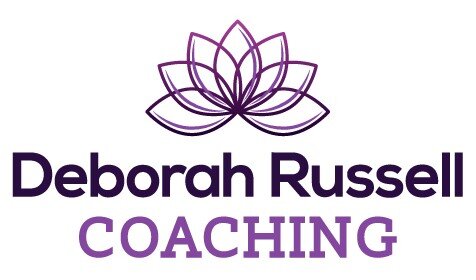Relationships, whether they be private or professional are the source of considerable stress, but they are also our most powerful source of personal learning and development. Relationships make the most profound catalyst for insight and growth.
On a spiritual or religious plane we are all one but on a physical plane we are separate bodies and individual minds. Most of us live on a physical plane where there is a ‘you and me’.
When you start exploring relationship skills you learn that what you want isn’t always what they want. What you see as this, they might see as that. Interpretations play their role and where you might see your behaviour as giving kindness, they may not receive it that way, and communication becomes a chore.
What is more, the language you are using and the way you use it seems fine to you but may not feel good with them because you both see the world through different lenses, and behind that you are not wired in the same way so how you receive information, process or interpret it and make decisions, is also different because you ARE different.
This is where the challenge actually begins. So is it the relationship that is challenging or is it you? Much of the story behind this is that we think people should behave the way we feel they should, and if they stray from that, we think they are wrong or possibly even harmful.
It is also a fact that we are more comfortable with somebody we know, with people less familiar to us we are less at ease. When we meet different cultures, we don’t always know the rules of their culture or reason why they are behaving in some particular way, and they don’t know ours necessarily.
No matter who it is, it might not be just their culture that we find confusing, but their family situation, religion, way of living and other facts that will have shaped their viewpoint and personality over the years.
Being able to accept the differences and embrace them is what makes the relationship challenging, not the relationship itself! We generally do not like contrariety or disparity, we tend to like familiar, what we know, what is comfortable, and we can get upset if we have to contemplate something outside of our world view that we might consider ‘normal’.
Here are five keys to improving relationships:
1) Commonalities
Commonalities in a relationship makes it much easier, be they common objectives, familiar interests, similar philosophical viewpoints, shared systems etc. The more that are shared, the more harmonious a relationship is likely to be because we are not constantly in the face of differences.
2) Receptiveness
Acknowledging the other person’s thoughts and feelings and having a compassionate curiosity about them to try and understand them better, as well as being open to their viewpoint whilst also maintaining your own identity. You don’t have to let go of who you are. You need to know what you are willing to do and aren’t willing to do in that relationship. These will become your personal boundaries. This applies to all relationships. There is no good or bad here, only differences.
3) Reaching out
Relationships call us to stretch and teach us things we might not otherwise learn. They call on us to be vulnerable and remove some of those layers that have formed our personality. IF we are open to it; we can take one step towards the other without losing authenticity or personal values.
4) Being honest and vulnerable
The more willing we are to tell the truth about how we feel, what we want, and what we see the less likely we are to be arrogant, self-righteous, judgmental, or defensive with others. This means we are willing to admit our own hypocrisy to ourselves and others, with compassion. As the saying goes, “the truth shall set you free.”
5) Law of attraction
What we focus on grows stronger. This works in relationships too. When we look for opportunity, opportunity increases. Positive thoughts around creating a better relationship brings positive experiences.
We might ask, why bother with relationships or why should they be so important? They can be so much trouble! After all historically, we have relationships because they are a means of survival and because we are social animals. That hasn’t changed! What is now clearer is that we have them because relationships are at the number 1. path to growth. They can be uncomfortable because growth can be uncomfortable and for some much more than others. The trick is to use and learn the tools that you need in order to grow through a relationship.
Deborah is an Executive Coach – PCC, working from Paris. She has coached an extensive number of women and men where relationships (both in their professional and personal lives), have become a barrier to performance and fulfilment.
Her coaching experience, coupled with her own and years of extensive study and research, has provided the vehicle for her passion today, to radically shift disorderly and dysfunctional relationships for individuals and teams, to those that function at an energetic and much deeper collaborative level. For a confidential strategy session please get in touch:
https://www.deborahrussellcoaching.com/contact-us – #relationshipcoaching #abusiverelationships #teamcoaching

